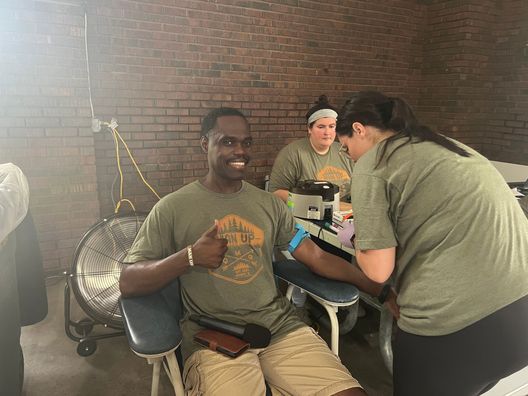Focusing on preventive care can help you live a longer and happier, healthier life. Annual visits are a time to talk with your provider about recommended screenings, family history, and any concerns. It’s easy to put off these visits, but they can help you in the long-term.
Call your primary care provider today to schedule an appointment. Don’t have a primary care provider? No worries, we have you covered. Learn more about our Primary Care Team.
In addition, our Urology Team has answers to questions you may have been asking yourself about your need to be screened for prostate cancer.
Men’s Health Tips: Questions to Ask Yourself
Question #1: Are you being screened for prostate cancer?
If the answer is no, do you know if you should be? Our QMG Urology team recommends speaking to your primary care provider about your specific needs, as the screening age may vary based on risk factors, family history, and your health. Based on that, screening for prostate cancer can start as early as 50 and, for some, screening may be recommended in your 40s.
“Prostate cancer is the most common type of cancer in men except for minor skin cancers. Most prostate cancer is slow growing and no early symptoms. Early detection is the best way to stop spread,” shared Dr. Knudson.
Dr. Schneider added, “A lot of the farmers in our community go under screened and underdiagnosed, or even worse late diagnosed. Personally, I’m find people with late stage cancer and that’s really sad for me. Patients need to be their own advocate and ask themselves, ‘Am I being appropriately screened for prostate cancer?’ You should really have that conversation with your doctor.”
Question #2: Are you in the bathroom a lot?
More than 50% of men over the age of 50 suffer from benign prostatic hyperplasia (BPH), also known as an enlarged prostate. BPH is a common condition. Although it is a benign condition and unrelated to prostate cancer, it can greatly affect a man’s quality of life.
BPH is a condition in which the prostate enlarges as men get older. The condition affects nearly 40 million Americans and over 500 million aging men worldwide. Over 40% of men in their 50s and over 70% of men in their 60s have BPH.
As the prostate enlarges, it presses on and blocks the urethra, causing bothersome urinary symptoms such as:
- Frequent need to urinate both day and night
- Weak or slow urinary stream
- A sense that you cannot completely empty your bladder
- Difficulty or delay in starting urination
- Urgent feeling of needing to urinate
- A urinary stream that stops and starts
“If you’re experiencing symptoms, it’s important to be assessed by your doctor,” Dr. Knudson said. “This assessment includes a basic workup to check urine, assess bladder emptying with a bladder scan or ultrasound, and check a PSA in some men.”
The QMG Urology team offers a wide variety of treatment options for men who suffer from BPH.
Question #3: Are you tired a lot?
Have you gained weight despite a healthy lifestyle? Is your love life with your partner not what it used to be? If you answered yes to some or all of these questions, you may have low testosterone.
“Another part of men’s health that goes undertreated is testosterone management. There are a lot men out there living out their life fatigued, obese, decrease libido, etc.,” said Dr. Schneider. “That’s something that if they were screened for, we could help. Normal testosterone is healthy for man and low testosterone is not healthy for a man.”






